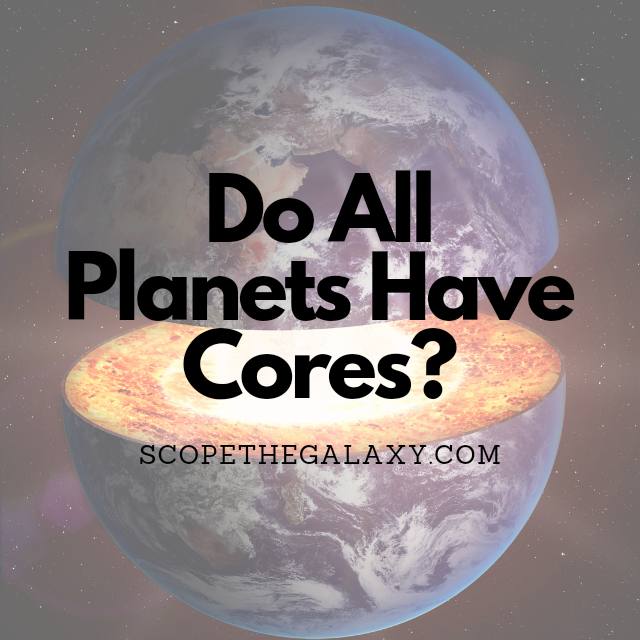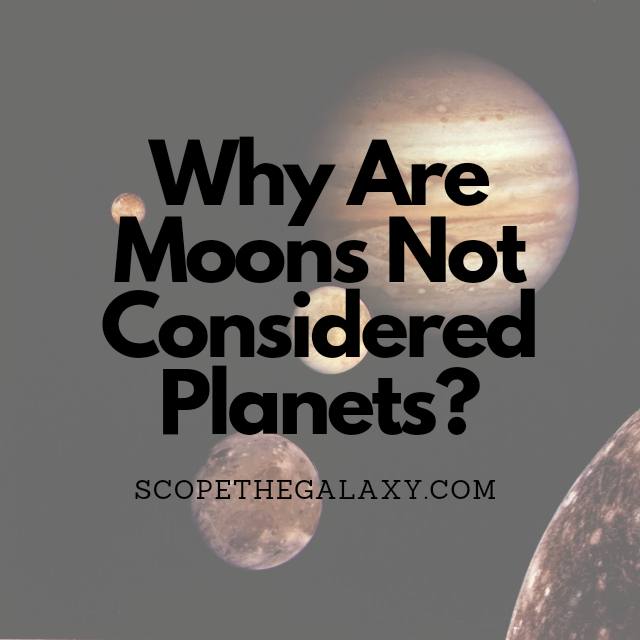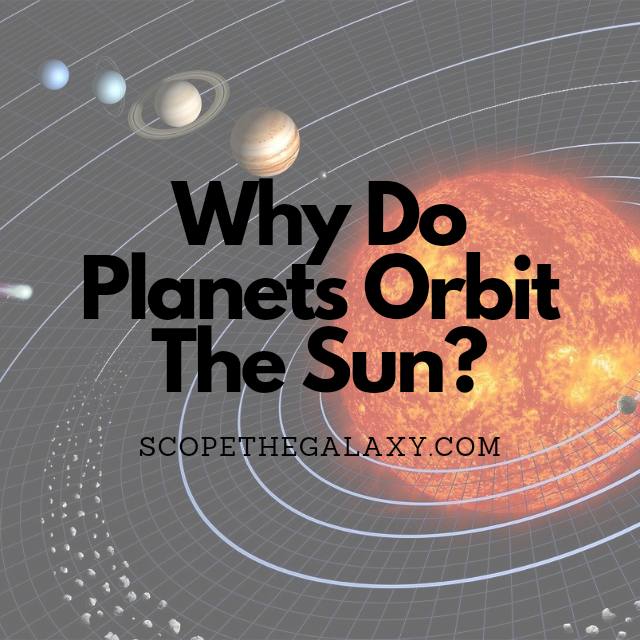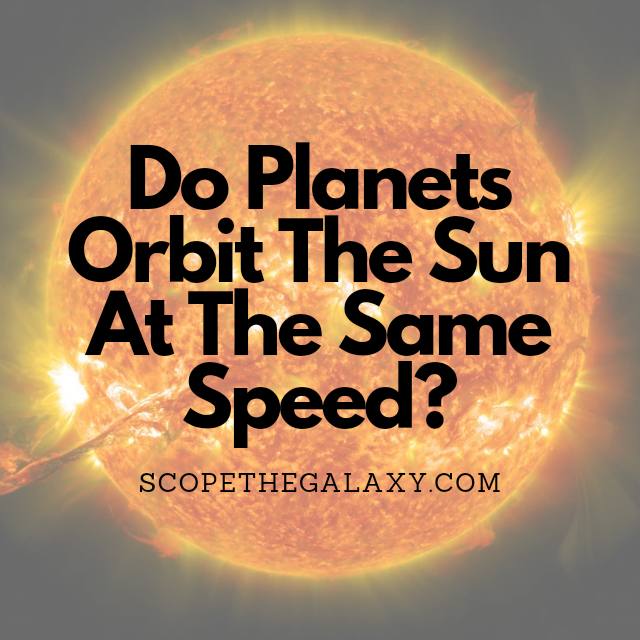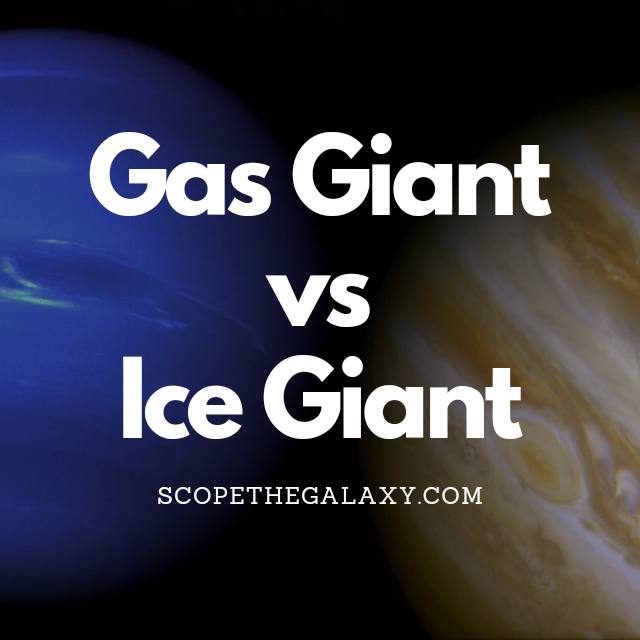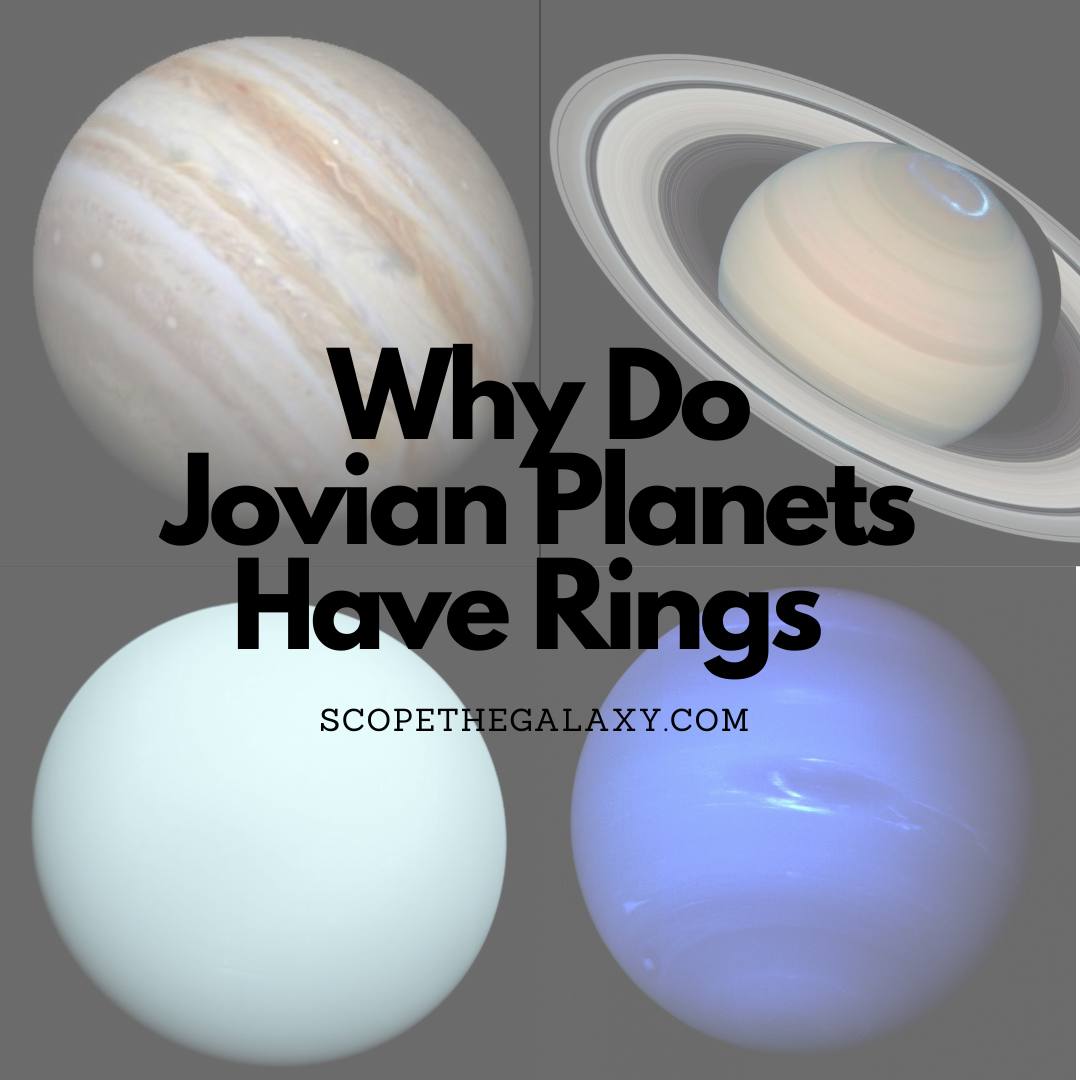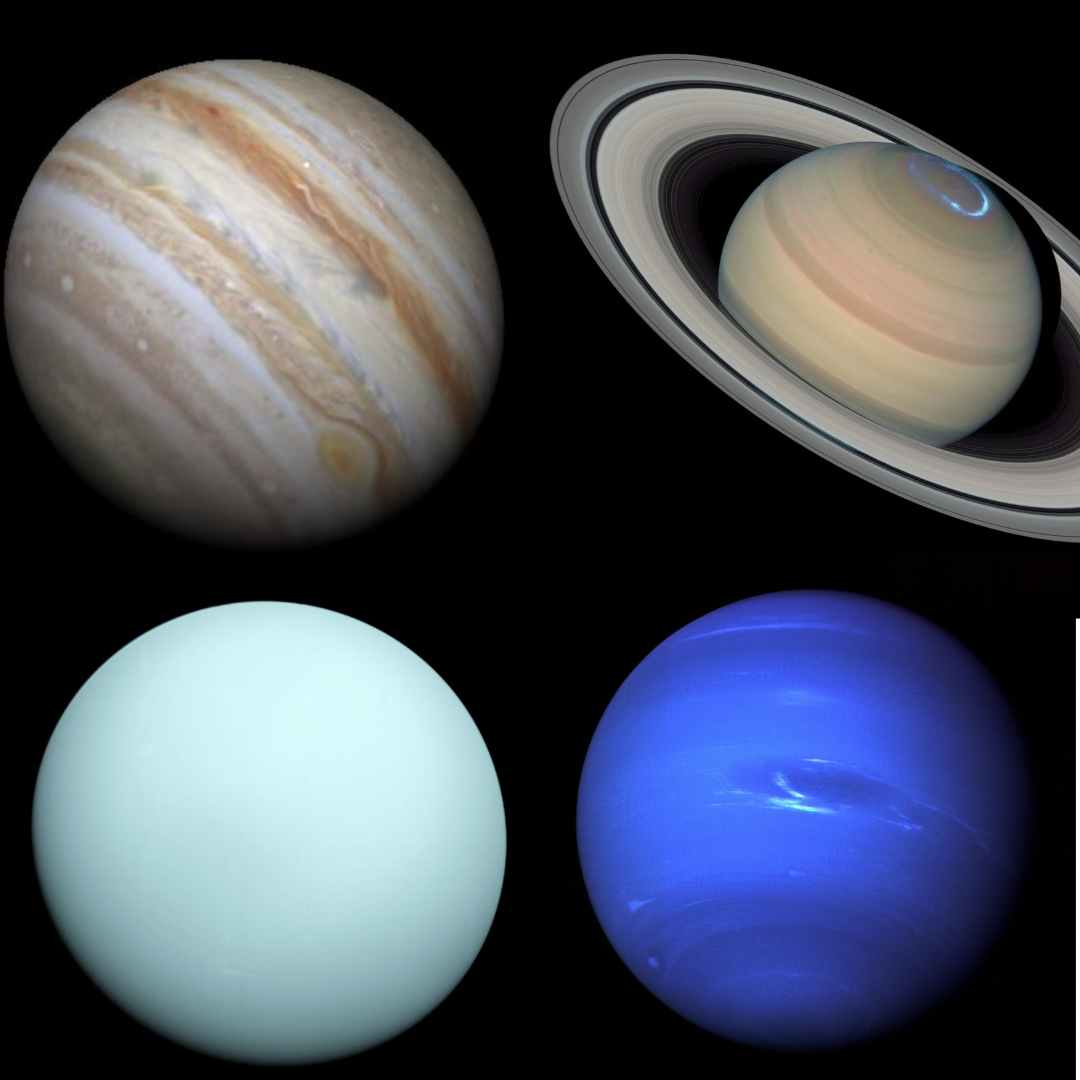Do All Planets Have Cores? (EXPLAINED!)
It is a widely accepted fact that all the planets in our solar system have cores made up of iron, nickel, and other metallic elements. These cores are essential in keeping the planets in their orbits and providing them with gravity. Continue reading to discover why planets have cores, whether or not they all contain … Read more

